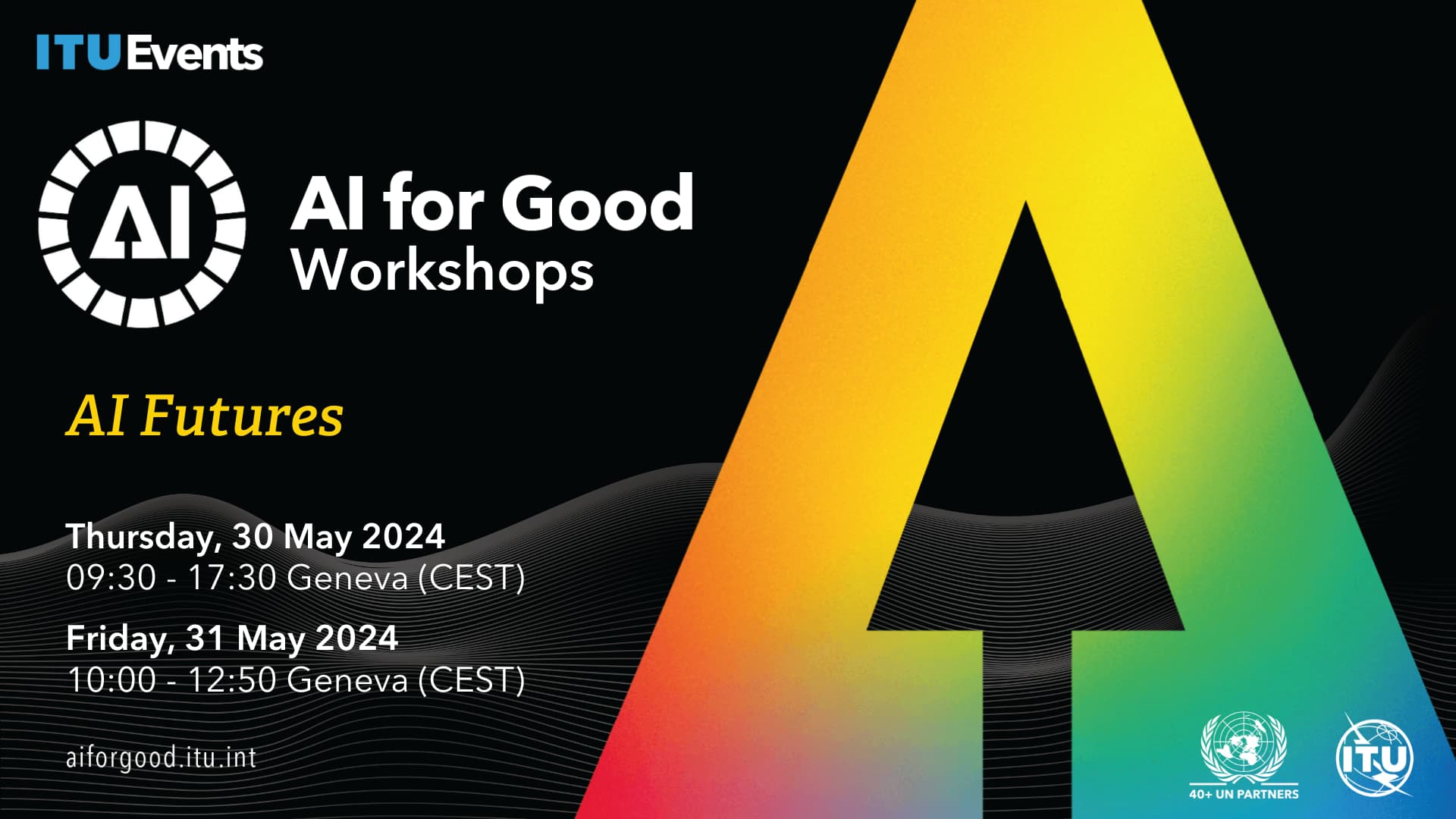AI Futures

This Workshop delves into the transformative potential of AI to shape our futures, emphasising a holistic approach that seeks benefits for all. It invites participants to imagine and contribute to the creation of futures where AI acts as a catalyst for societal progress, environmental sustainability, and inclusive growth. It’s not just about the future of AI, but about the futures AI enables and how we choose to navigate them.
Overview:
AI advocates might paint a predetermined future of AI, suggesting its design and development are on a fixed path. It would be misleading to suggest the future trajectory of AI is already set in stone.
The way we navigate the present will either take us closer to the AI futures we want or towards a future we feel is escaping us and leading to outcomes that we do not want to see happen. Bias, underrepresentation, fairness and transparency, explainability, accessibility or privacy are some of the ethical considerations that many are trying to solve through regulations, standards, principles and other means. Environmental impacts of AI are also significant and lead many to ask “we can, but should we”. The complexity of navigating these challenges can only be solved through collaboration, participatory and multi-disciplinary approaches.
To be fair, inclusive and unbiased, AI will require community awareness, engagement and a means for people to have agency in the solution that they are affecting or are affected by. Many researchers and practitioners have come to the conclusion that community engagement is vital for AI solutions to serve the greater good. But what does that mean exactly and how can I embrace that principle when I conceive of AI-powered solutions and ideas? What does it look like when I structure data and algorithms? What can policy do to support that approach? What does a future powered by people look like in terms of AI?
In this workshop, we will hear from experts in the field about what agency means in the context of AI futures. We will also get direct insight about creative approaches to design, scale and iterate AI solutions that have demonstrated ways of including that complexity in practice.
This workshop is anchored in practice and will require the participants to take an active role in engaging with the “unusual suspects” of AI, people which are not represented or included in the way AI solutions are currently developed.
During this 1 1/2 day workshop, we will:
Participants will obtain a deep understanding of the collective problem at play and why we need to tackle it now.
Deep dive into the spectrum of AI futures to understand their comprehensive impact on personal life, businesses, the environment, and society.
Engage with selected AI future scenarios in the domains of food systems and nutrition, wellbeing, health prevention and others to co-create a vision of “preferred” scenarios.
Collaboratively develop actionable strategies for shaping or mitigating these futures, identify necessary actions, policies, and innovations to realize these futures or mitigate their risks.
The participants will hear from leading experts in their fields, and engage in an iterative and participatory process to generate pathways supported by informed decision-making and a holistic approach to navigating AI for the benefit of the whole.
What you will get from participating in this session:
Participants will leave with insights, connections, and relationships. They will be taken through a process that is designed to help them build personal perspectives on the topic of AI for future. A range of tools, methods, and approaches. An opportunity to help the most inspiring visions come to life through tangible action.
Who should attend:
Anyone who is motivated to ensure that future visions -in a world more and more driven by AI- are designed with people who affect and are affected by the solutions we create; policy-makers, designers, change agents, technology enthusiasts, entrepreneurs, social advocates, community representatives, you.
















